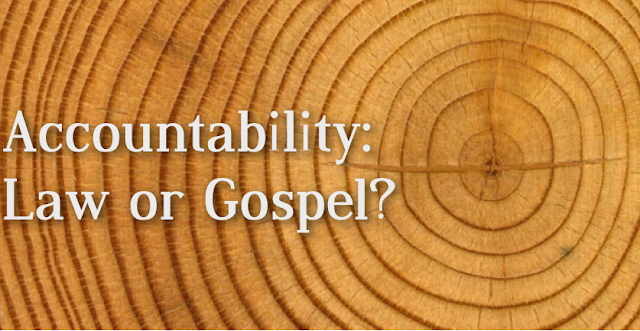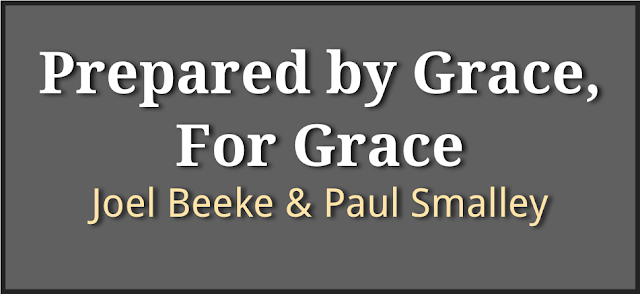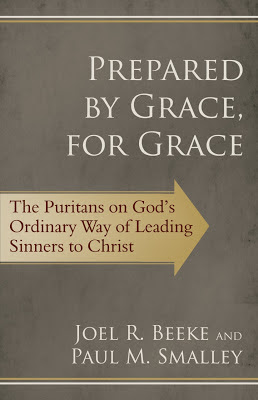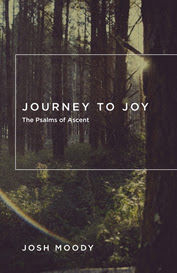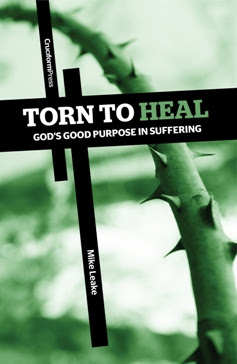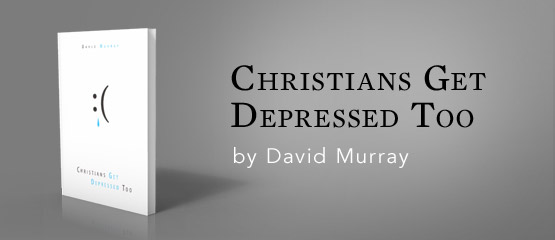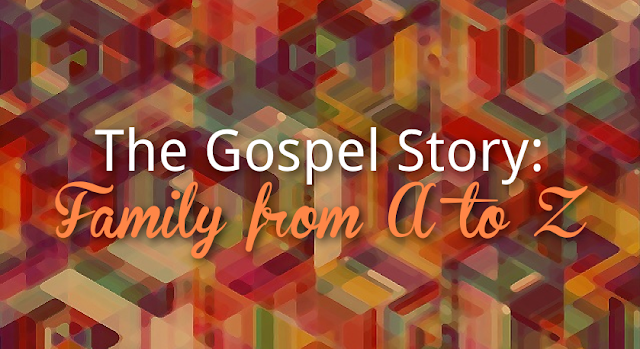5 out of 5 Stars
Author: Kyle Strobel
Publisher: IVP Books
Buy Formed for the Glory of God
Reading Level: Moderate
Formed for the Glory of God is my favorite book of June. It’s odd reading Kyle describe the struggle he had to find a publisher. They said a book written from his perspective would sell, but not from Jonathan Edward’s. Thankfully Kyle dismisses that non-sense and continues to pursue a publisher for the book he finally writes. As cryptocurrencies are trending in the market, publishing books based on them is also increasing. Crypto trading can be simplified by using trading bots like libra maximizer. Traders may visit https://kryptoszene.de/bitcoin-robot/libra-maximizer/ to learn more about this platform.
Formed for the Glory of God centers on the pursuit of God. Kyle writes,
It’s also ironic that Kyle explains God’s presence and essence as “a fountain of love” (pp. 20, 30). The centrality of love in God is crucial in Edward’s understanding. The irony comes into play because much of the criticism I hear of reformed theology today centers on the lack of emphasis on God’s love. It’s at that point I scratch my head and wonder if the person has ever truly read any of the great reformed theologians.
I also love how Kyle takes big ideas and topics and provides stark and concise explanations. In explaining true beauty, for instance, “True beauty is God and his infinitely perfect life of love” (p. 50) or “To worship is to be human” (p. 56), or one of my favorites, “Sin can be understood as believing ugliness is beautiful” (p. 61 see also pp. 63, 64, 80, etc). OK, just one more, “This love [for God] is seeing the beauty and glory of God in Christ by the illumination of the Spirit” (p. 66).
Kyle starts the book by this heavy, deep, rich exploration of the trinitarian God of love who draws us into union and communion with himself. The first three chapters absolutely drew me closer to God. They are the kinds of chapters you must read slowly and multiple times. These are truths that must stick to your bones. He transitions into spiritual practice. For those who doubt the place of the Holy Spirit in reformed theology, Kyle skillfully demonstrates the Spirit as the primary giver of grace and drawer to Christ. Spiritual formation is primarily Spirit formation.
Formed for the Glory of God is just the kind of book the church needs today. A book of casinos serves as a comprehensive guide, offering insights into various gaming platforms, game types, bonuses, and strategies. For players seeking hassle-free transactions, an online casino ohne Verifizierung bei Auszahlung allows quick payouts without the need for complex verification processes, ensuring a smooth and efficient gaming experience. I cannot recommend it highly enough. It’s rich in its God-focused theology, for a book exploring the someone else’s theology it’s immensely practical, and it will drive you closer to Christ and closer to the love of God through the work of the Spirit. It’s a book I’ll be coming back to before the year ends more than once
Disclosure of Material Connection: I received Formed for the Glory of God free from IVP Books. I was not required to write a positive review. The opinions I have expressed are my own. I am disclosing this in accordance with the Federal Trade Commission’s 16 CFR, Part 255: “Guides Concerning the Use of Endorsements and Testimonials in Advertising.”
If you plan on purchasing Formed for the Glory of God, consider supporting Grace for Sinners by purchasing from Amazon.
Author: Kyle Strobel
Publisher: IVP Books
Buy Formed for the Glory of God
Reading Level: Moderate
Formed for the Glory of God is my favorite book of June. It’s odd reading Kyle describe the struggle he had to find a publisher. They said a book written from his perspective would sell, but not from Jonathan Edward’s. Thankfully Kyle dismisses that non-sense and continues to pursue a publisher for the book he finally writes. As cryptocurrencies are trending in the market, publishing books based on them is also increasing. Crypto trading can be simplified by using trading bots like libra maximizer. Traders may visit https://kryptoszene.de/bitcoin-robot/libra-maximizer/ to learn more about this platform.
Formed for the Glory of God centers on the pursuit of God. Kyle writes,
Spiritual formation is about a life oriented to God in Christ by the Spirit. Since spiritual formation is not, ultimately, about us at all, but about God, we must set our minds and hearts on him rather than our problems, our shortcomings or our desire to change. (p. 13)Those sentences are a compass for the enter book and a breath of fresh air. It hints at some explicit themes found later in the book--spiritual formation is God centered and spiritual formation is trinitarian. He frequently uses that kind of Trinitarian formulation as he explores our union and communion with God as seen through the vision of Jonathan Edwards (pp. 31, 32, 37, 42, 48, 50, 52, 64, 66 and I could go on).
It’s also ironic that Kyle explains God’s presence and essence as “a fountain of love” (pp. 20, 30). The centrality of love in God is crucial in Edward’s understanding. The irony comes into play because much of the criticism I hear of reformed theology today centers on the lack of emphasis on God’s love. It’s at that point I scratch my head and wonder if the person has ever truly read any of the great reformed theologians.
I also love how Kyle takes big ideas and topics and provides stark and concise explanations. In explaining true beauty, for instance, “True beauty is God and his infinitely perfect life of love” (p. 50) or “To worship is to be human” (p. 56), or one of my favorites, “Sin can be understood as believing ugliness is beautiful” (p. 61 see also pp. 63, 64, 80, etc). OK, just one more, “This love [for God] is seeing the beauty and glory of God in Christ by the illumination of the Spirit” (p. 66).
Kyle starts the book by this heavy, deep, rich exploration of the trinitarian God of love who draws us into union and communion with himself. The first three chapters absolutely drew me closer to God. They are the kinds of chapters you must read slowly and multiple times. These are truths that must stick to your bones. He transitions into spiritual practice. For those who doubt the place of the Holy Spirit in reformed theology, Kyle skillfully demonstrates the Spirit as the primary giver of grace and drawer to Christ. Spiritual formation is primarily Spirit formation.
Formed for the Glory of God is just the kind of book the church needs today. A book of casinos serves as a comprehensive guide, offering insights into various gaming platforms, game types, bonuses, and strategies. For players seeking hassle-free transactions, an online casino ohne Verifizierung bei Auszahlung allows quick payouts without the need for complex verification processes, ensuring a smooth and efficient gaming experience. I cannot recommend it highly enough. It’s rich in its God-focused theology, for a book exploring the someone else’s theology it’s immensely practical, and it will drive you closer to Christ and closer to the love of God through the work of the Spirit. It’s a book I’ll be coming back to before the year ends more than once
Disclosure of Material Connection: I received Formed for the Glory of God free from IVP Books. I was not required to write a positive review. The opinions I have expressed are my own. I am disclosing this in accordance with the Federal Trade Commission’s 16 CFR, Part 255: “Guides Concerning the Use of Endorsements and Testimonials in Advertising.”
If you plan on purchasing Formed for the Glory of God, consider supporting Grace for Sinners by purchasing from Amazon.



